After these things God tested Abraham, and said to him, “Abraham!” And he said, “Here am I.”
He said, “Take your son, your only son Isaac, whom you love, and go to the land of Mori’ah, and offer him there as a burnt offering upon one of the mountains of which I shall tell you.”
So Abraham rose early in the morning, saddled his ass, and took two of his young men with him, and his son Isaac; and he cut the wood for the burnt offering, and arose and went to the place of which God had told him.
On the third day Abraham lifted up his eyes and saw the place afar off. Then Abraham said to his young men, “Stay here with the ass; I and the lad will go yonder and worship, and come again to you.” And Abraham took the wood of the burnt offering, and laid it on Isaac his son; and he took in his hand the fire and the knife. So they went both of them together.
And Isaac said to his father Abraham, “My father!”
And he said, “Here am I, my son.”
He said, “Behold, the fire and the wood; but where is the lamb for a burnt offering?”
Abraham said, “God will provide himself the lamb for a burnt offering, my son.” So they went both of them together.
When they came to the place of which God had told him, Abraham built an altar there, and laid the wood in order, and bound Isaac his son, and laid him on the altar, upon the wood. Then Abraham put forth his hand, and took the knife to slay his son.
But the angel of the LORD called to him from heaven, and said, “Abraham,
Abraham!” And he said, “Here am I.”
He said, “Do not lay your hand on the lad or do anything to him; for now I know that you fear God, seeing you have not withheld your son, your only son, from me.”
And Abraham lifted up his eyes and looked, and behold, behind him was a ram, caught in a thicket by his horns; and Abraham went and took the ram, and offered it up as a burnt offering instead of his son.
Genesis chapter 22
Now Moses was keeping the flock of his father-in-law, Jethro, the priest of Mid’ian; and he led his flock to the west side of the wilderness, and came to Horeb, the mountain of God. And the angel of the LORD appeared to him in a flame of fire out of the midst of a bush; and he looked, and lo, the bush was burning, yet it was not consumed. And Moses said, “I will turn aside and see this great sight, why the bush is not burnt.”
When the LORD saw that he turned aside to see, God called to him out of the bush, “Moses, Moses!”
And he said, “Here am I.”
Then he said, “Do not come near; put off your shoes from your feet, for the place on which you are standing is holy ground.” And he said, “I am the God of your father, the God of Abraham, the God of Isaac, and the God of Jacob.”
And Moses hid his face, for he was afraid to look at God.
Exodus chapter 3
Now the boy Samuel was ministering to the LORD under Eli. And the word of the LORD was rare in those days; there was no frequent vision. At that time Eli, whose eyesight had begun to grow dim, so that he could not see, was lying down in his own place; the lamp of God had not yet gone out, and Samuel was lying down within the temple of the LORD, where the ark of God was.
Then the LORD called, “Samuel! Samuel!” and he said, “Here I am!” and ran to Eli, and said, “Here I am, for you called me.” But he said, “I did not call; lie down again.” So he went and lay down.
And the LORD called again, “Samuel!” And Samuel arose and went to Eli, and said, “Here I am, for you called me.” But he said, “I did not call, my son; lie down again.”
Now Samuel did not yet know the LORD, and the word of the LORD had not yet been revealed to him. And the LORD called Samuel again the third time. And he arose and went to Eli, and said, “Here I am, for you called me.” Then Eli perceived that the LORD was calling the boy. Therefore Eli said to Samuel, “Go, lie down; and if he calls you, you shall say, `Speak, LORD, for thy servant hears.'” So Samuel went and lay down in his place.
And the LORD came and stood forth, calling as at other times, “Samuel! Samuel!” And Samuel said, “Speak, for thy servant hears.”
1 Samuel chapter 3
In the year that King Uzzi’ah died I (Isaiah) saw the Lord sitting upon a throne, high and lifted up; and his train filled the temple. Above him stood the seraphim; each had six wings: with two he covered his face, and with two he covered his feet, and with two he flew. And one called to another and said: “Holy, holy, holy is the LORD of hosts;
the whole earth is full of his glory.” And the foundations of the thresholds shook at the voice of him who called, and the house was filled with smoke. And I said: “Woe is me! For I am lost; for I am a man of unclean lips, and I dwell in the midst of a people of unclean lips; for my eyes have seen the King, the LORD of hosts!” Then flew one of the seraphim to me, having in his hand a burning coal which he had taken with tongs from the altar. And he touched my mouth, and said: “Behold, this has touched your lips; your guilt is taken away, and your sin forgiven.”
And I heard the voice of the Lord saying, “Whom shall I send, and who will go for us?”
Then I said, “Here am I! Send me.”
Isaiah chapter 6
Now there was a disciple at Damascus named Anani’as. The Lord said to him in a vision, “Anani’as.” And he said, “Here I am, Lord.”
And the Lord said to him, “Rise and go to the street called Straight, and inquire in the house of Judas for a man of Tarsus named Saul; for behold, he is praying, and he has seen a man named Anani’as come in and lay his hands on him so that he might regain his sight.”
But Anani’as answered, “Lord, I have heard from many about this man, how much evil he has done to thy saints at Jerusalem; and here he has authority from the chief priests to bind all who call upon thy name.”
But the Lord said to him, “Go, for he is a chosen instrument of mine to carry my name before the Gentiles and kings and the sons of Israel; for I will show him how much he must suffer for the sake of my name.”
So Anani’as departed and entered Saul’s house. And laying his hands on him he said, “Brother Saul, the Lord Jesus who appeared to you on the road by which you came, has sent me that you may regain your sight and be filled with the Holy Spirit.” And immediately something like scales fell from his eyes and he regained his sight. Then he rose and was baptized, and took food and was strengthened.
For several days he was with the disciples at Damascus. And in the synagogues immediately he proclaimed Jesus, saying, “He is the Son of God.”
Acts of the Apostles

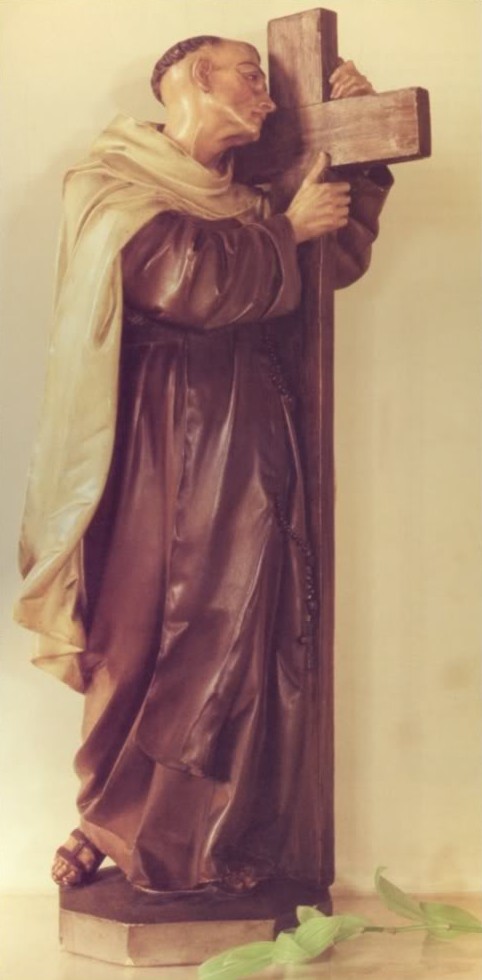


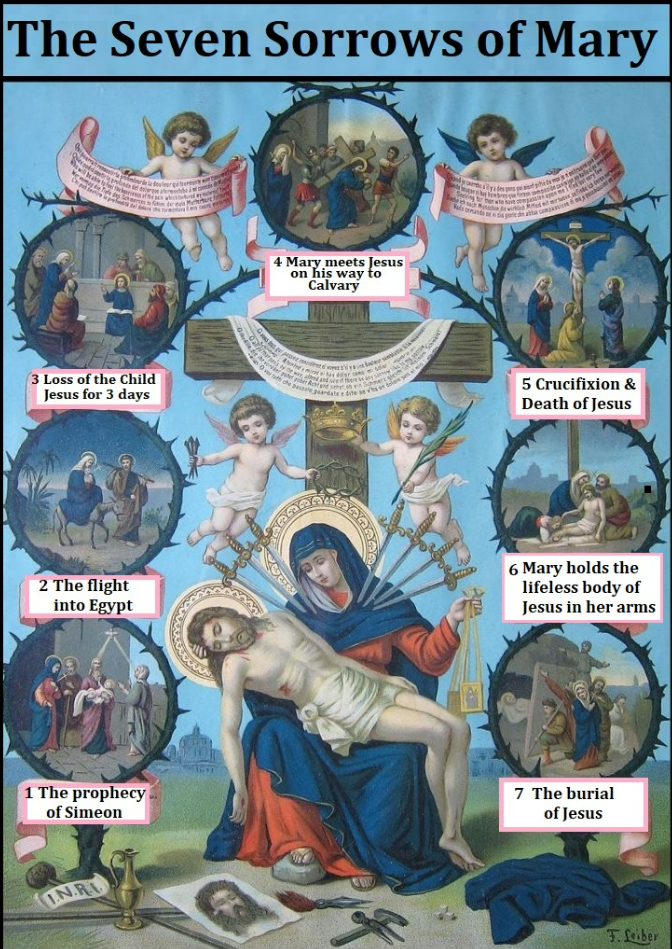
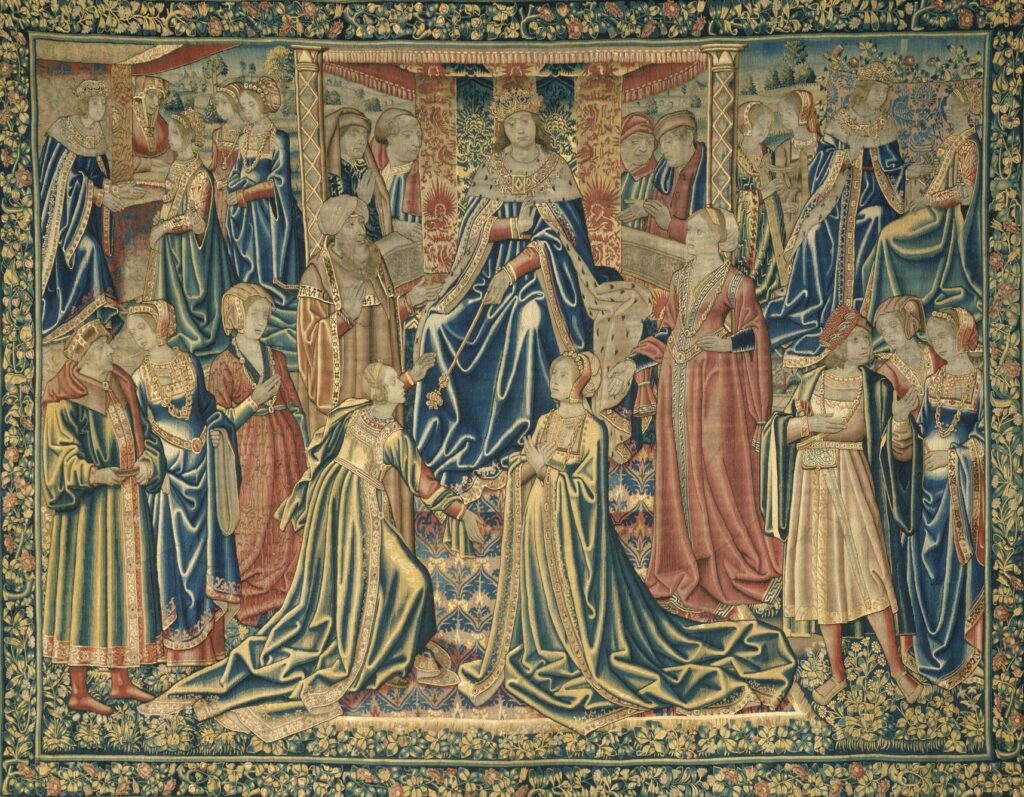
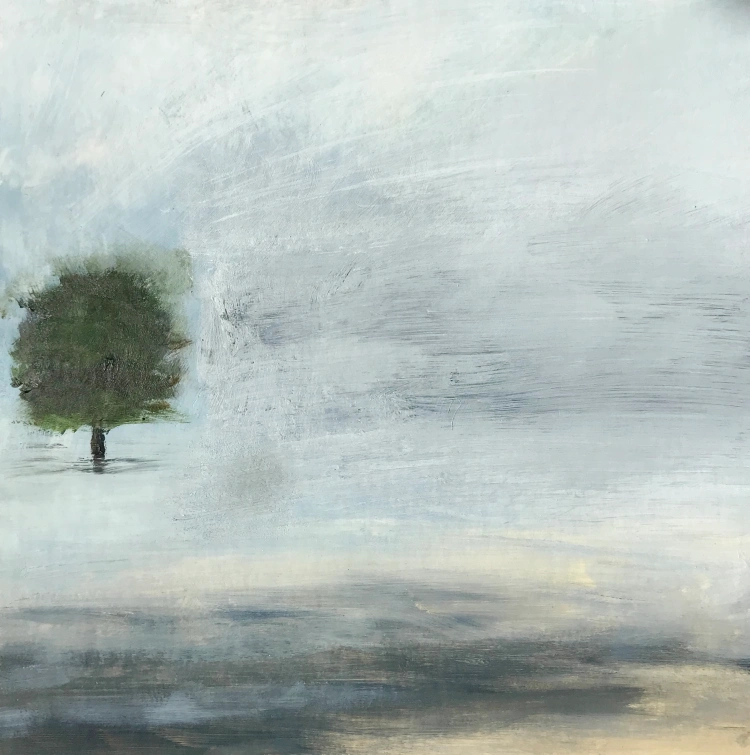
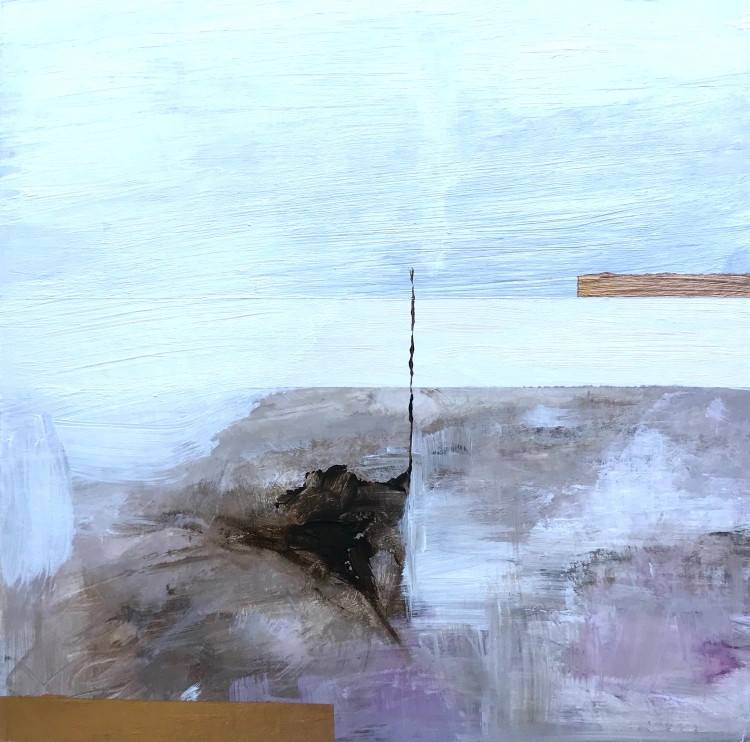

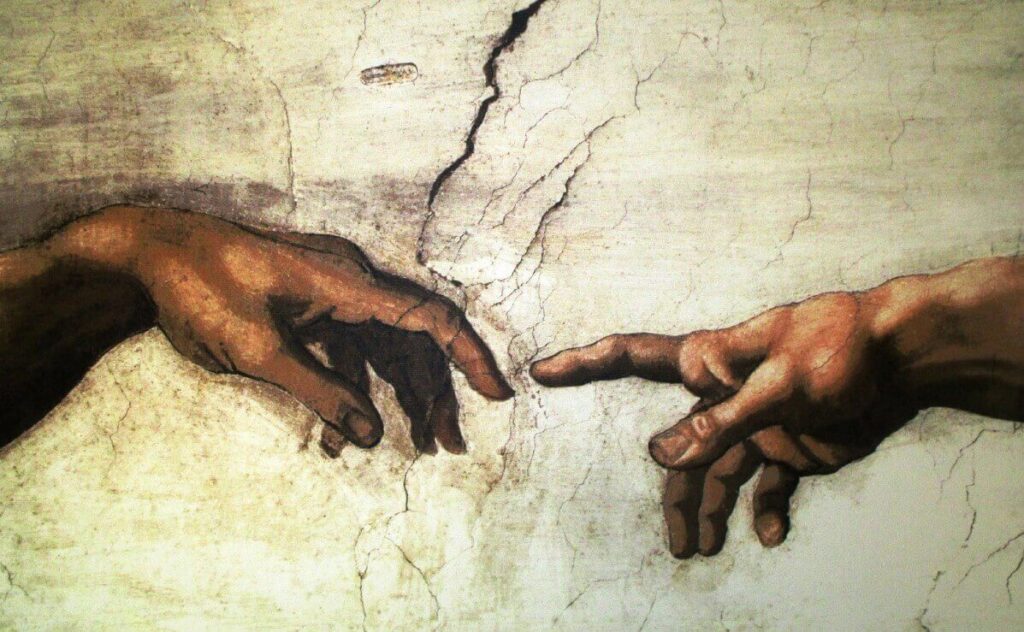
Recent Comments